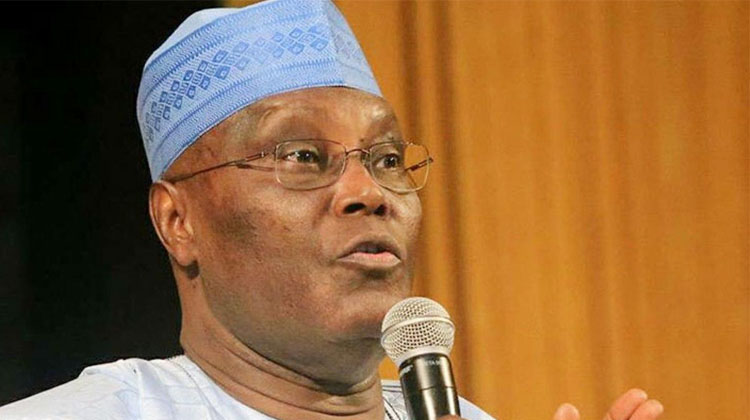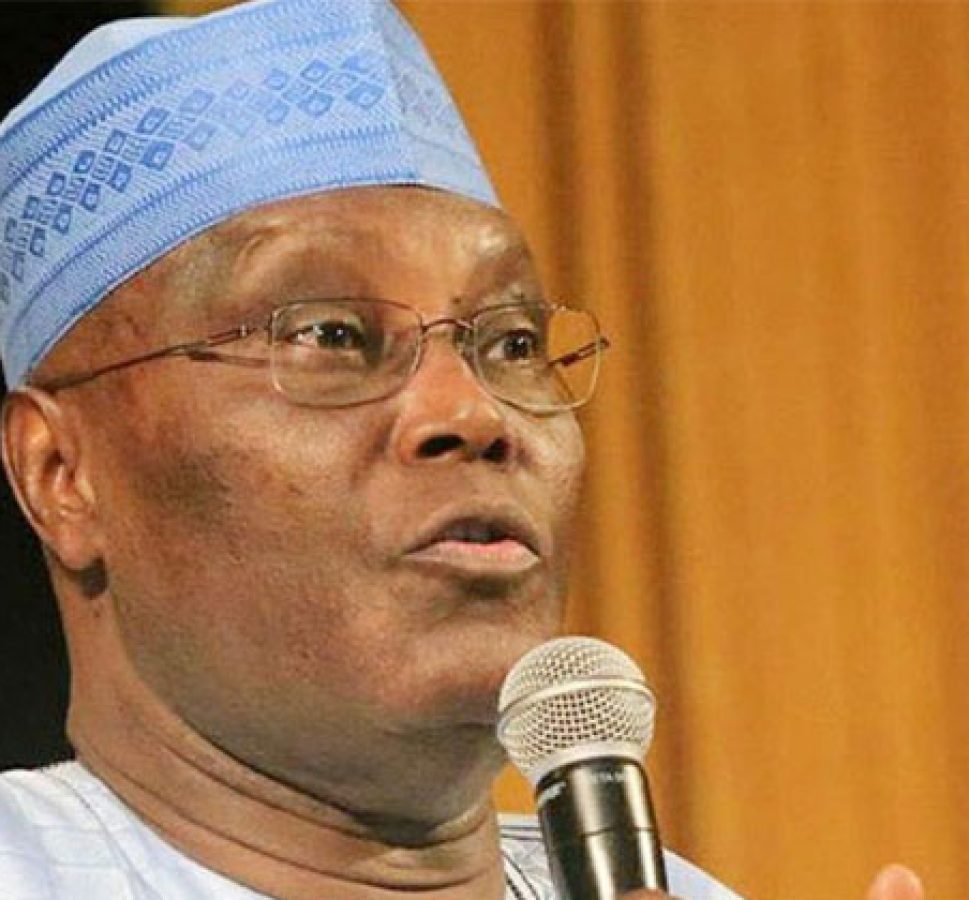
He stressed the importance of protecting traditional institutions from the whims of state governments, which could compromise their stability.
Atiku Abubakar, the former Vice President of Nigeria, has voiced concerns about the manner in which state governments are handling the establishment of traditional monarchies.
He stressed the importance of protecting traditional institutions from the whims of state governments, which could compromise their stability.
Atiku called for constitutional reforms that would not only recognise traditional institutions but also clearly define their roles and responsibilities, thereby integrating them into the country’s governance framework.
By doing so, he hoped to prevent state governments from abusing their powers and ensure the preservation and dignity of traditional institutions.
The former Vice President who voiced his concern on Tuesday in a statement shared on his X (formerly Twitter) account, warned that when the structure of ascension of traditional rulers was unstable, it would become equally difficult to maintain peace and orderliness in communities.
“Recent developments in the country have seen a growing tendency of state governments exerting influence in distorting the modalities of enthroning traditional stools.
“It is a reality that stares us in the face from every corner of the country,” he lamented.
He explained that while it was understandable that the institutions of traditional rulership was in the exclusive purview of the state government, although through the local government authorities, “it must be established that traditional institutions constitute a component of our governance structure.”
“And thus, traditional institutions must be protected from the arbitrariness of state governments that threaten their stability.
“When the structure of ascension of traditional rulers is unstable, it will become equally difficult to maintain peace and orderliness in communities.”
Atiku maintained that although our constitution, does not ascribe any recognition to traditional institutions in its current format, “yet our experiences show clearly that they perform enormous roles in the economic life of their domains, as well as maintenance of peace and security in communities.”
“I wish to remind that the traditional institutions formed the governance structures before the advent of the colonialists. And they governed well. Consequently, they are institutions we must protect and preserve and not destroy.
“It is, therefore, on this basis that I lean towards the advocacy that calls for constitutional reform that will not just recognise traditional institutions in our body of laws but also define the responsibilities of their offices.
“This reform is even more important in view of the collective drive to stem the ugly tide of terrorism and sundry security challenges at the local levels.”
He, however, appealed to state governors to accord the necessary respect to the offices of traditional institutions. “The customs that our traditional rulers represent is the totality of our heritage as a people.”






